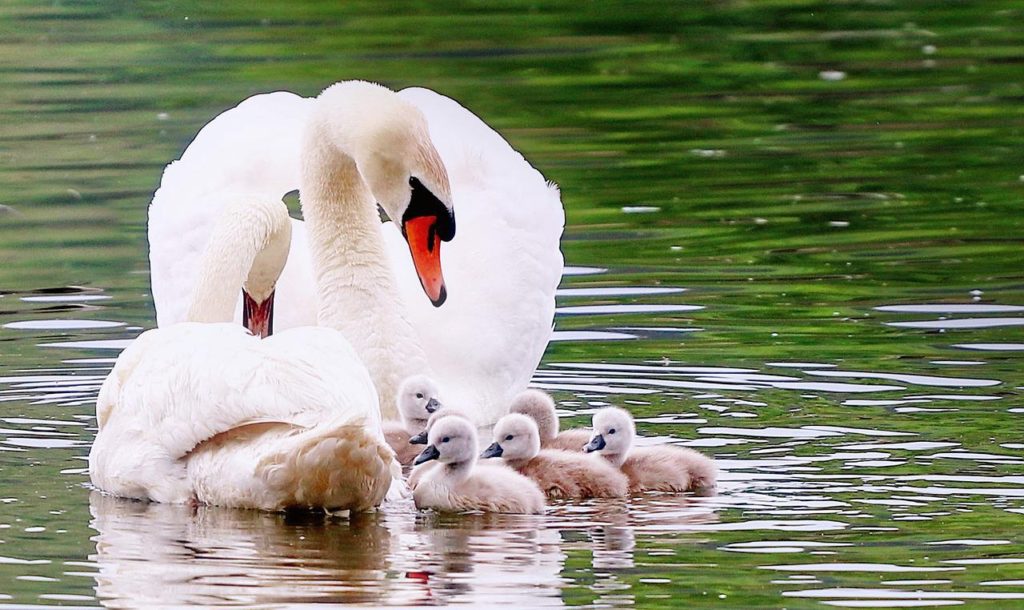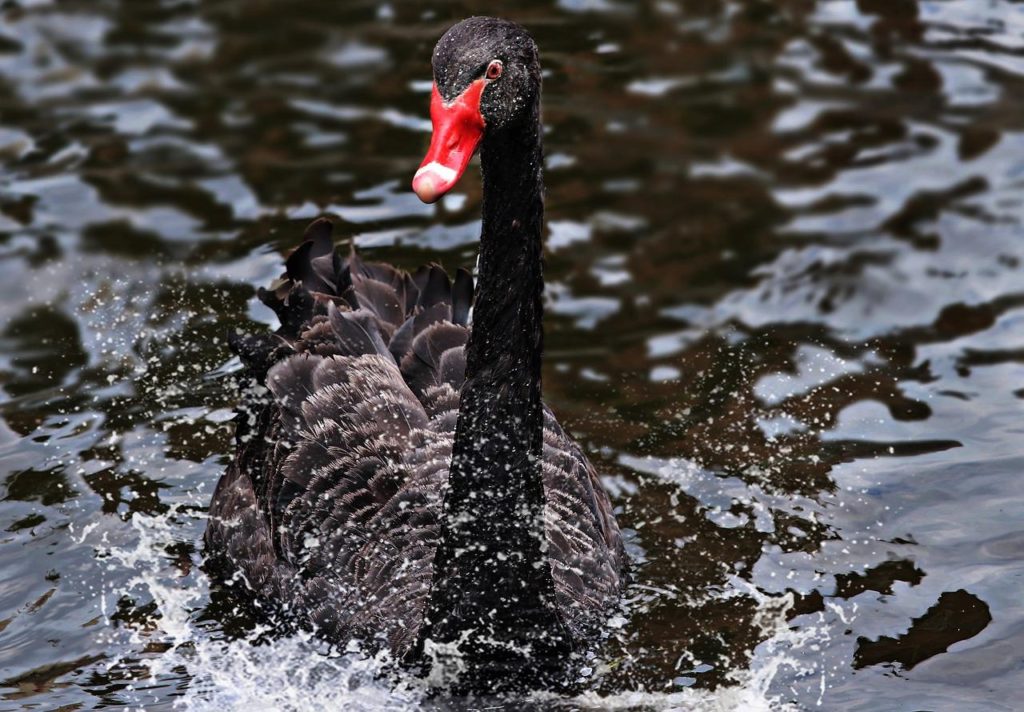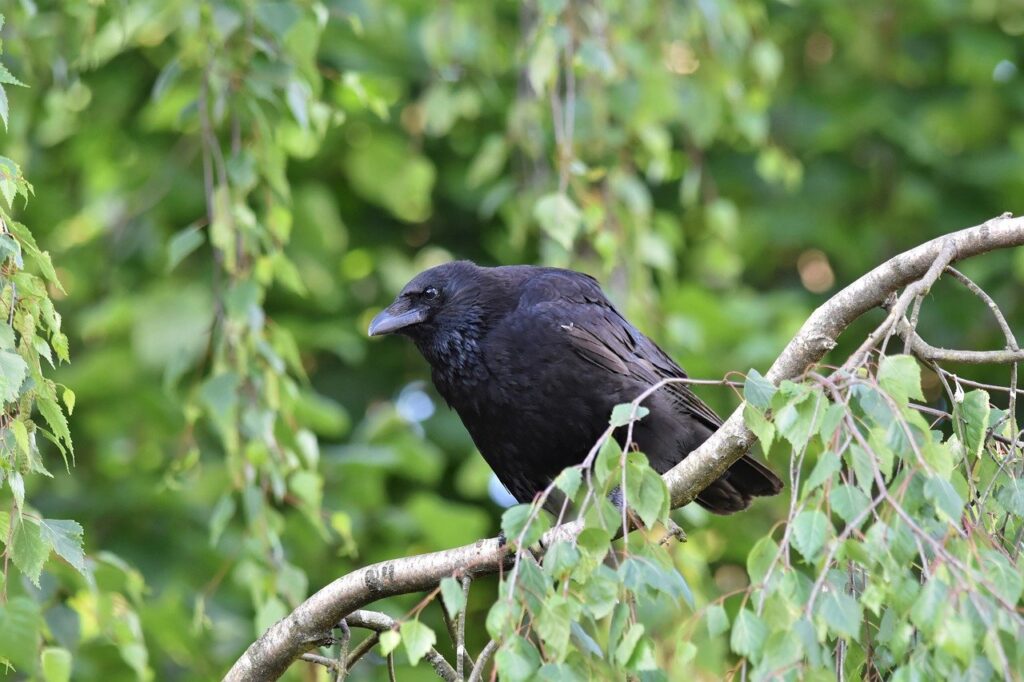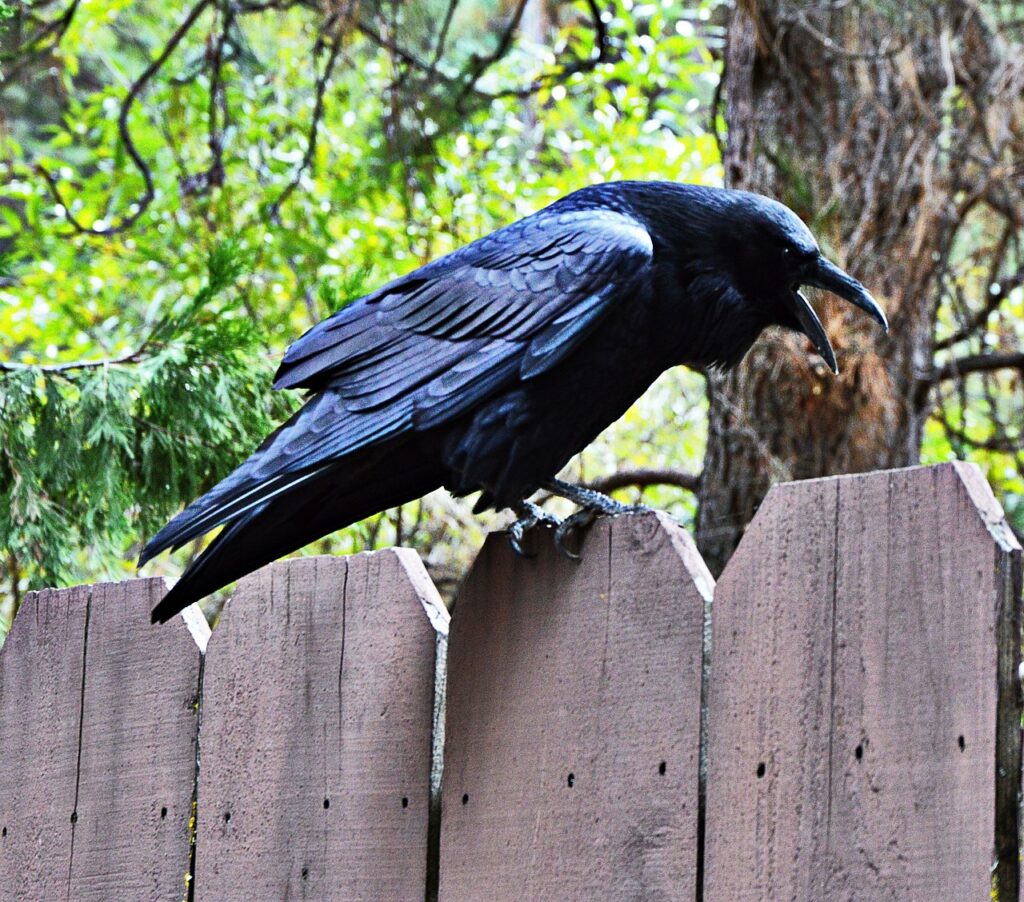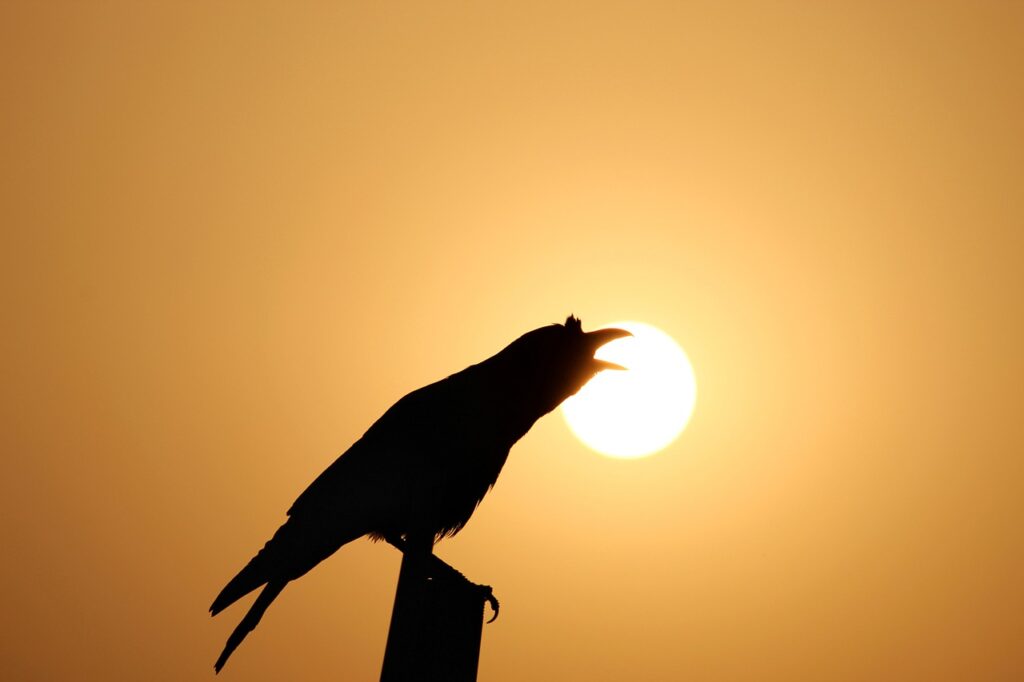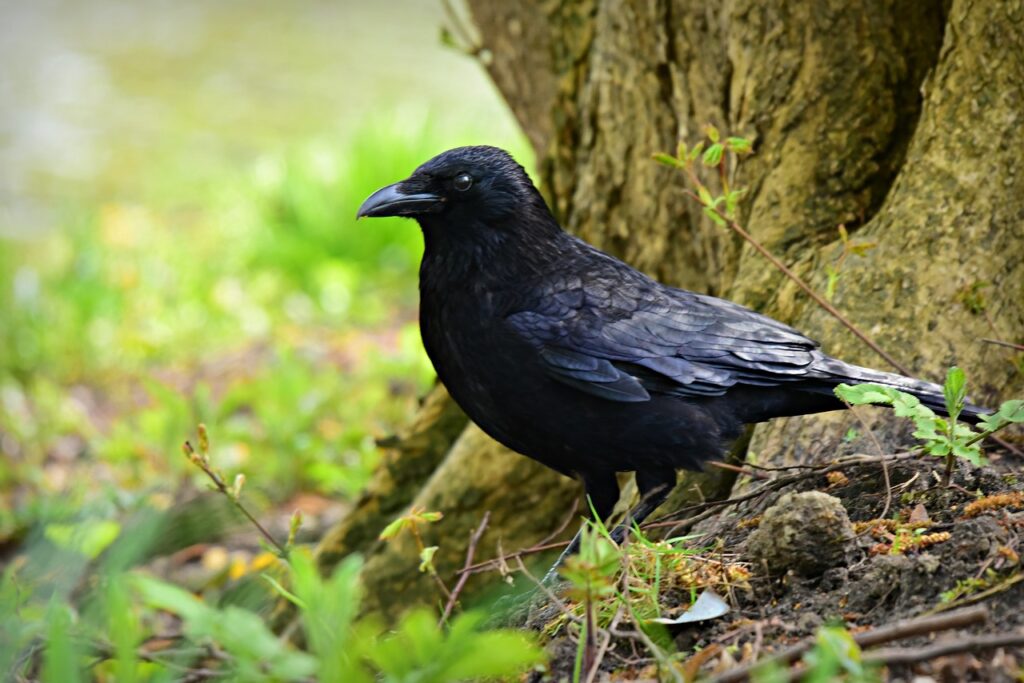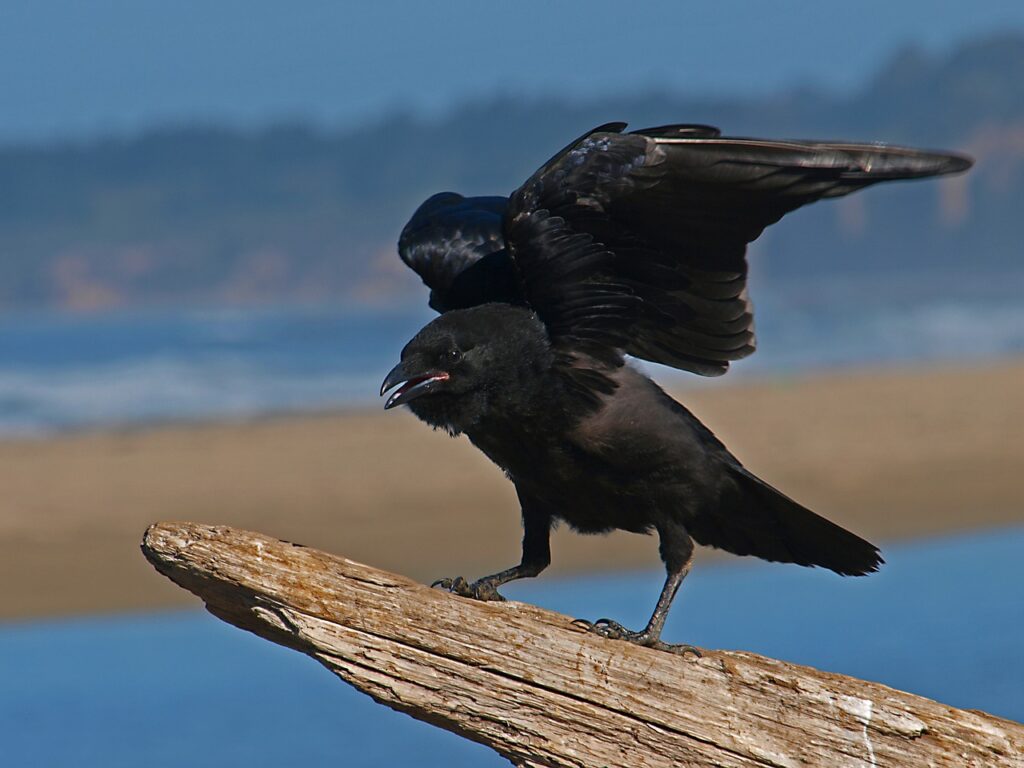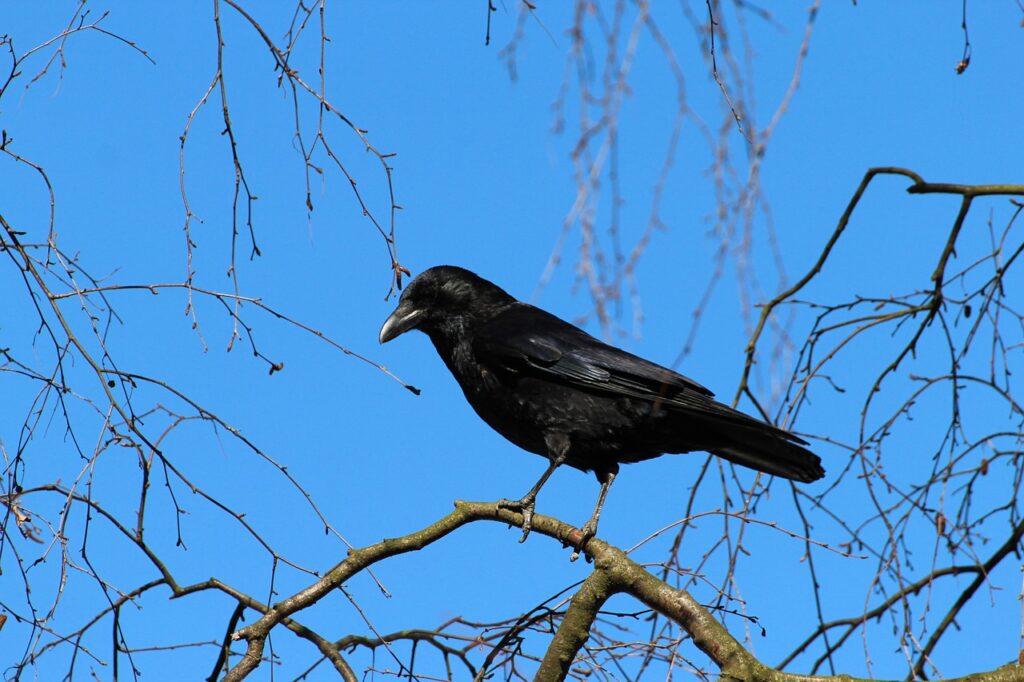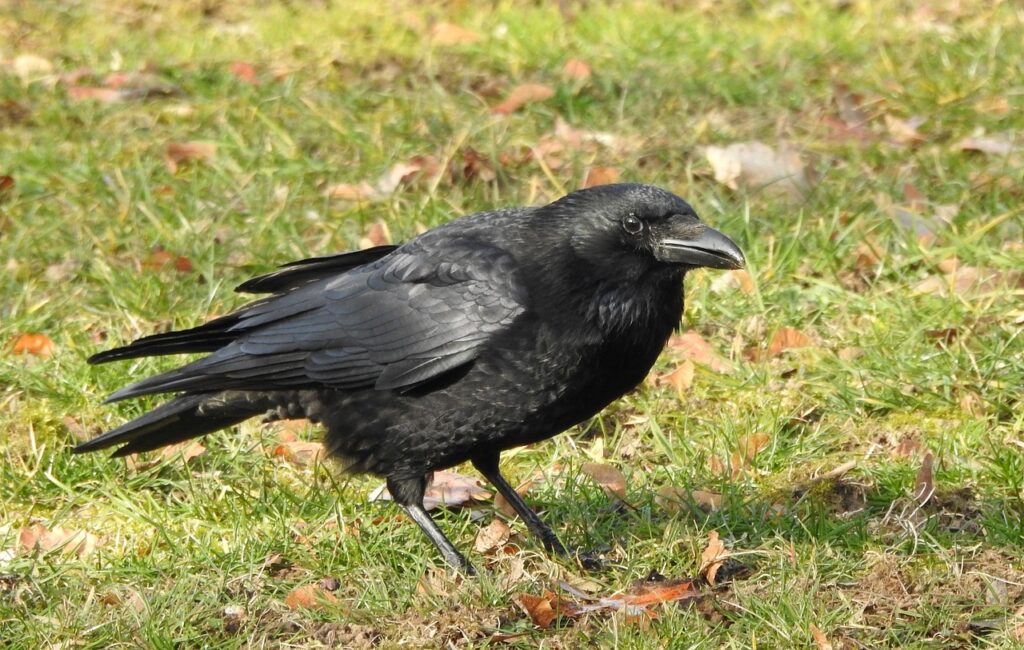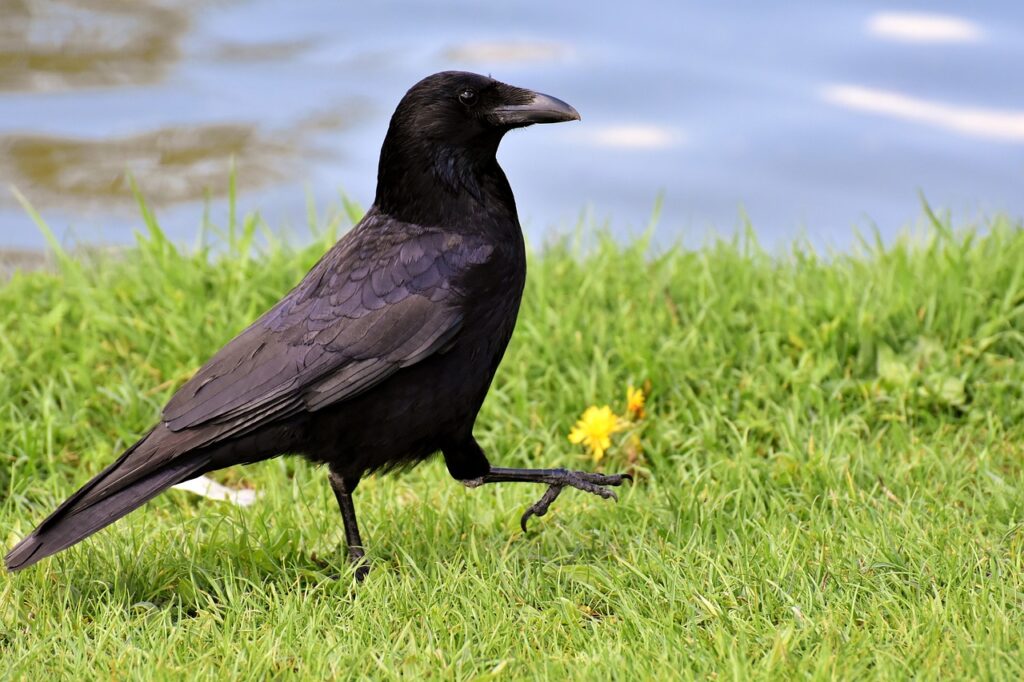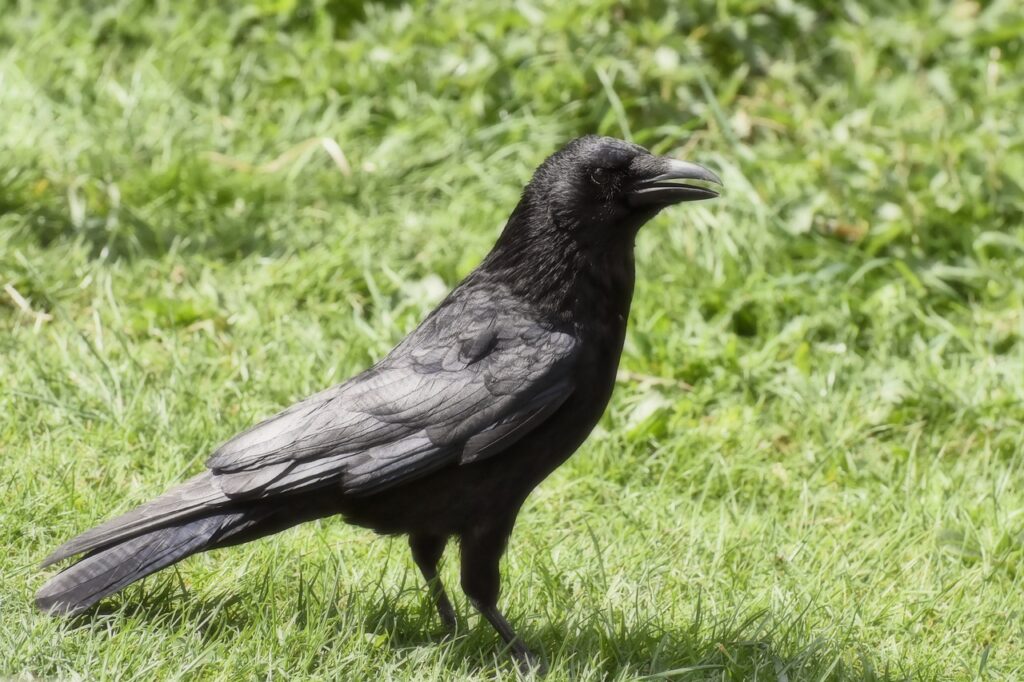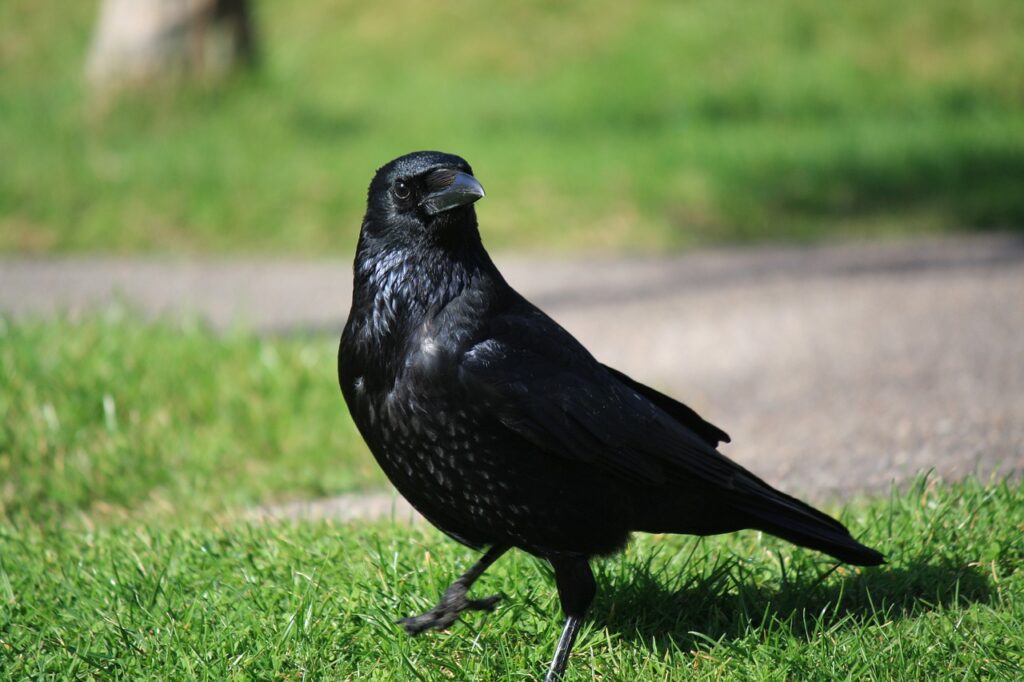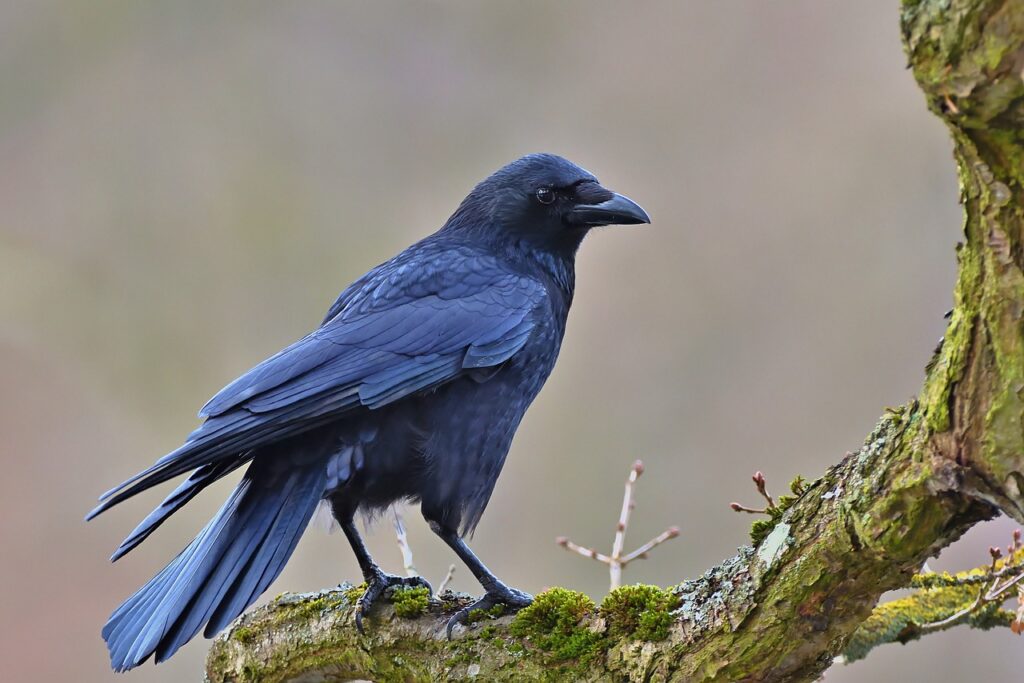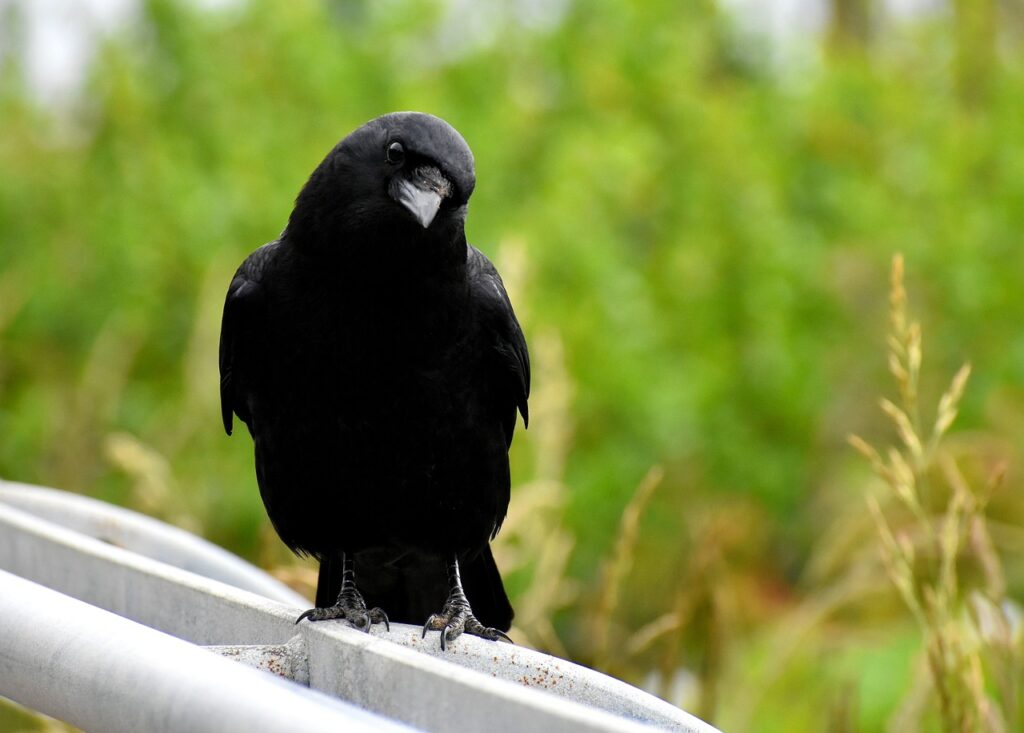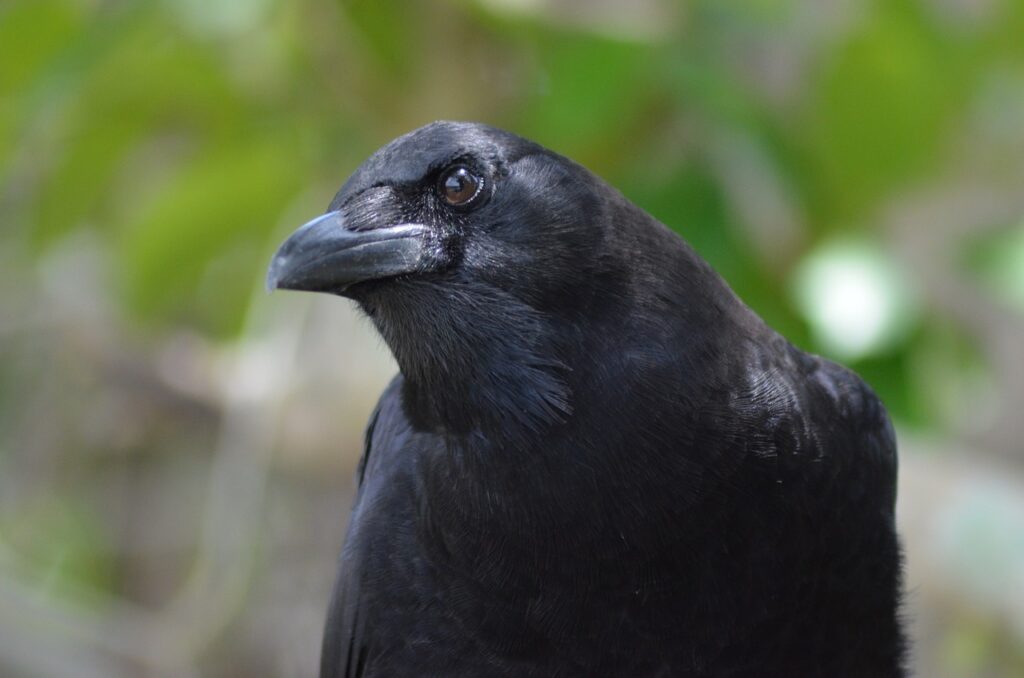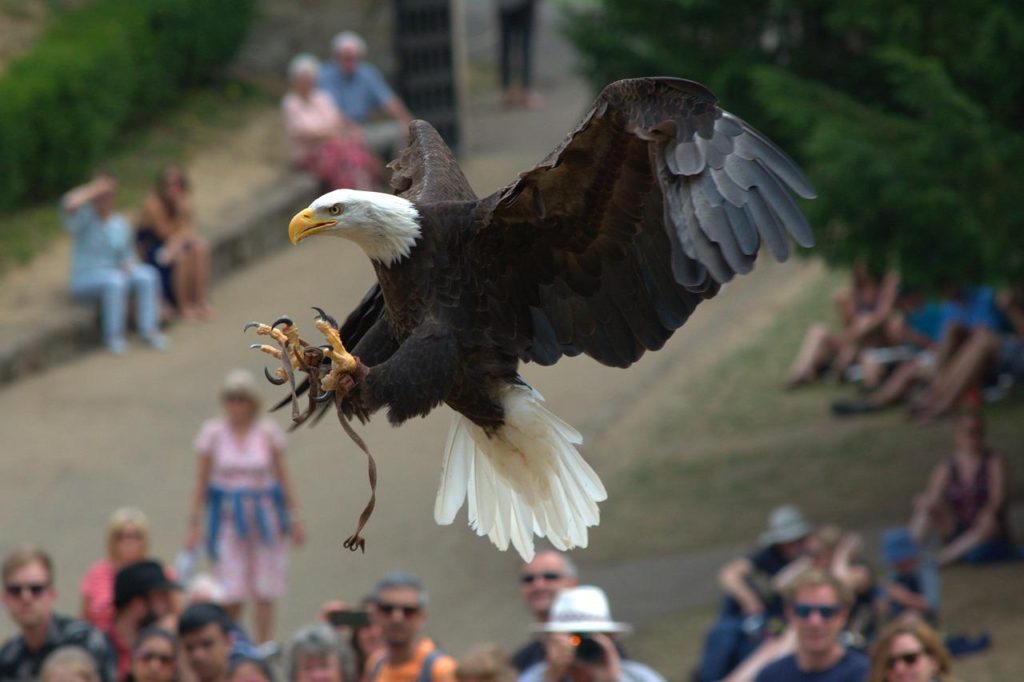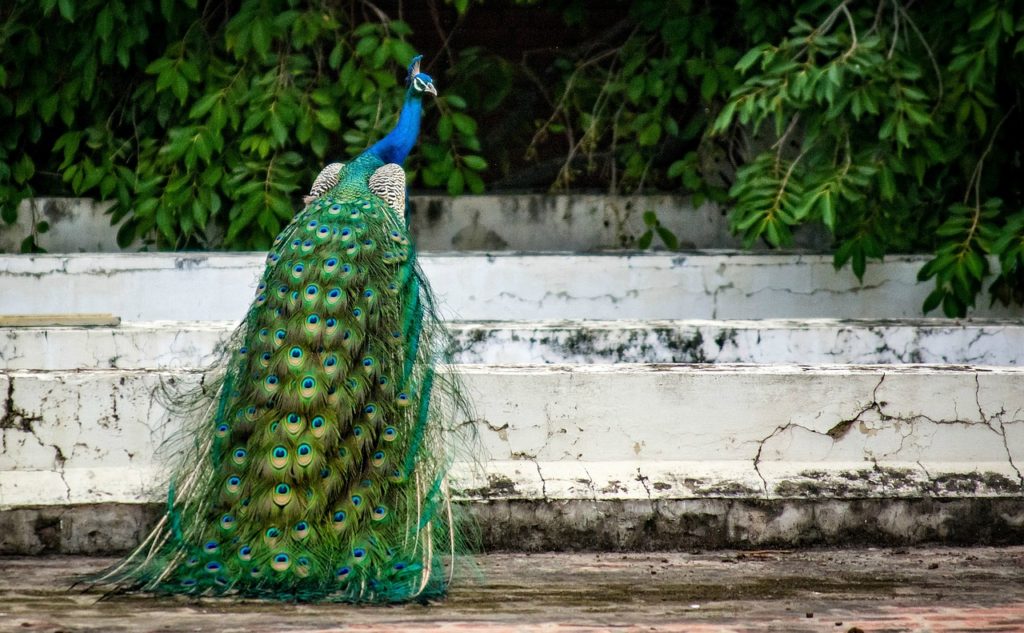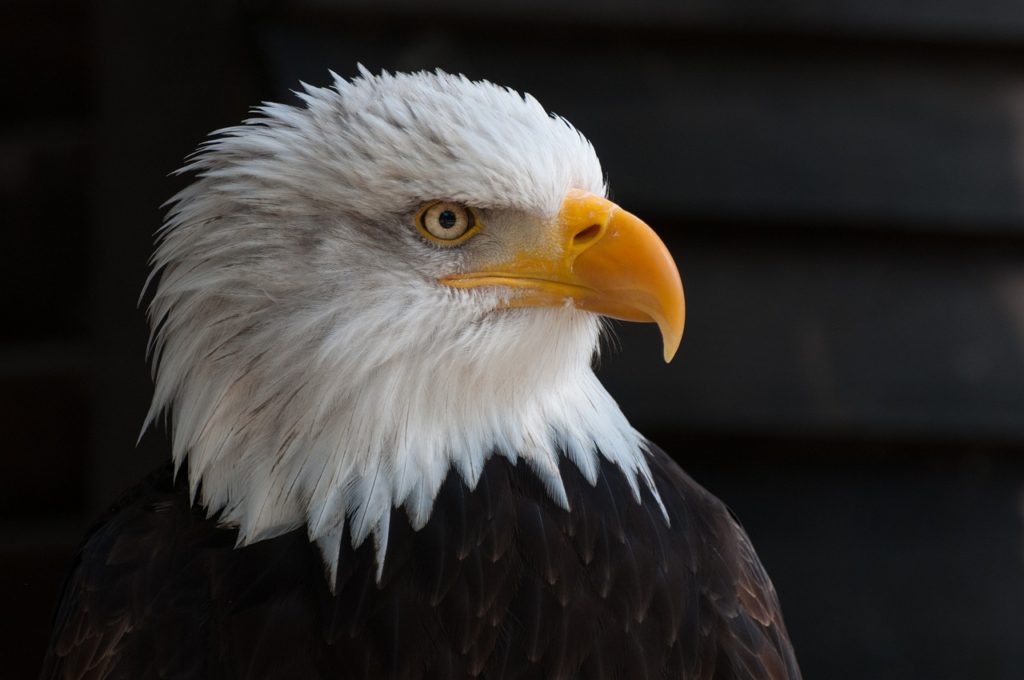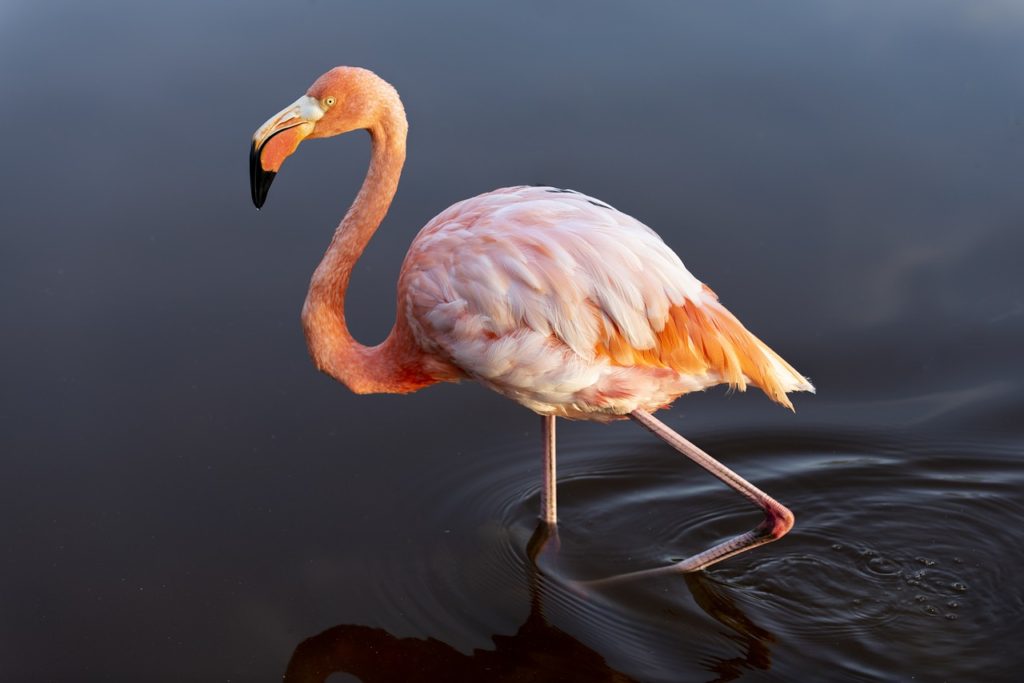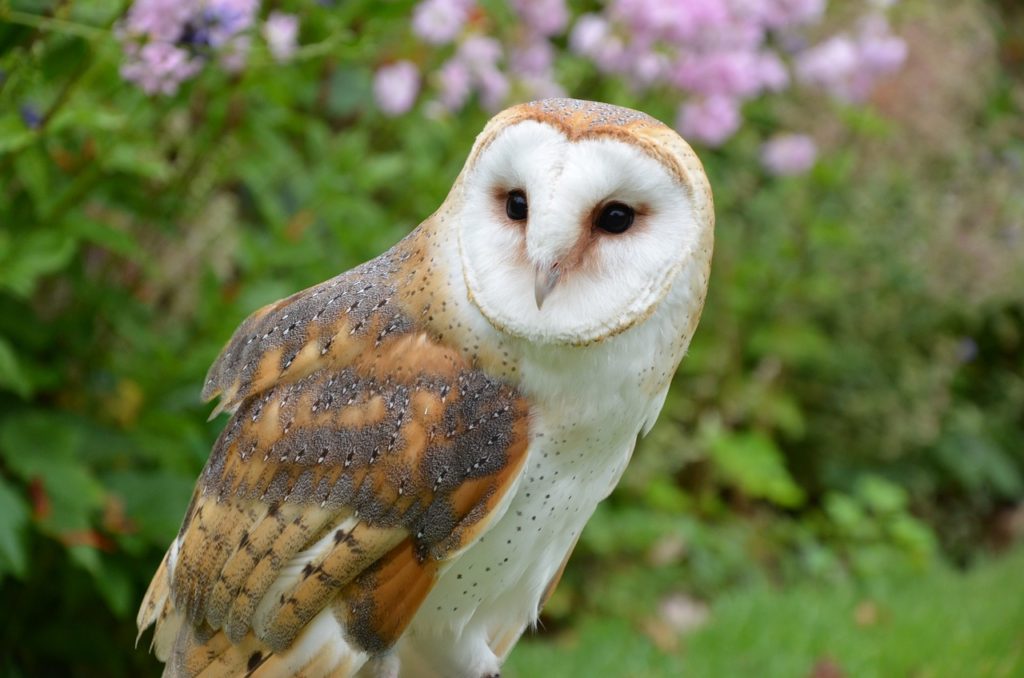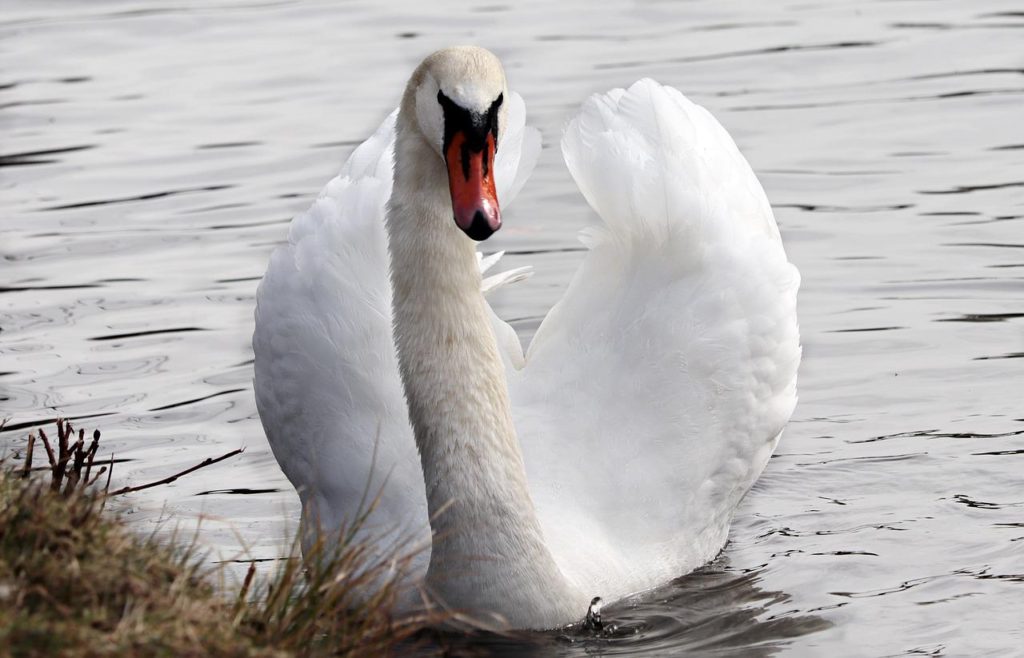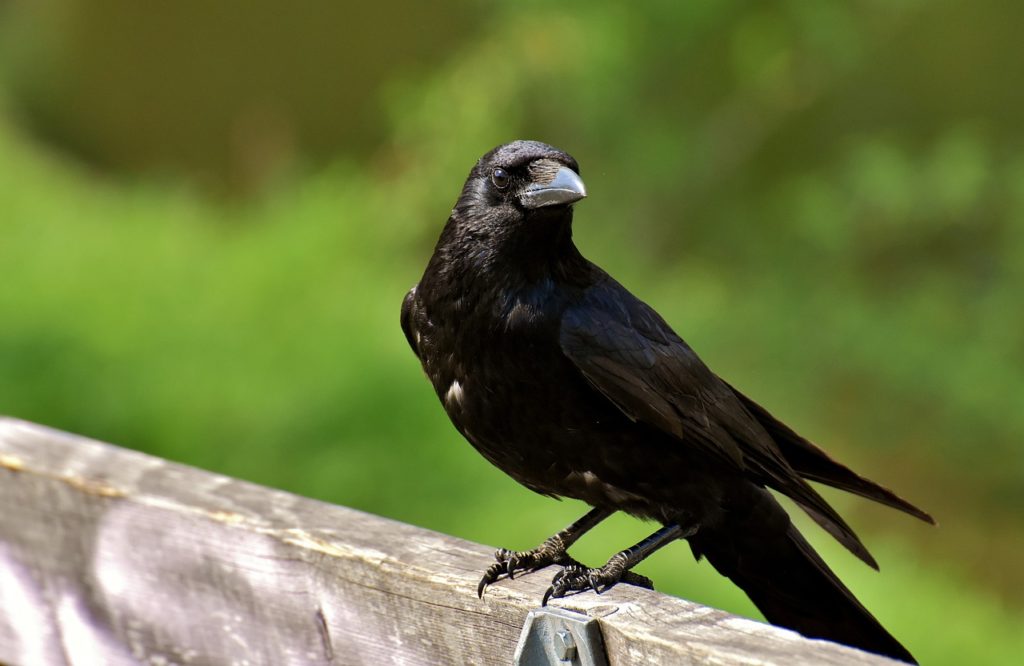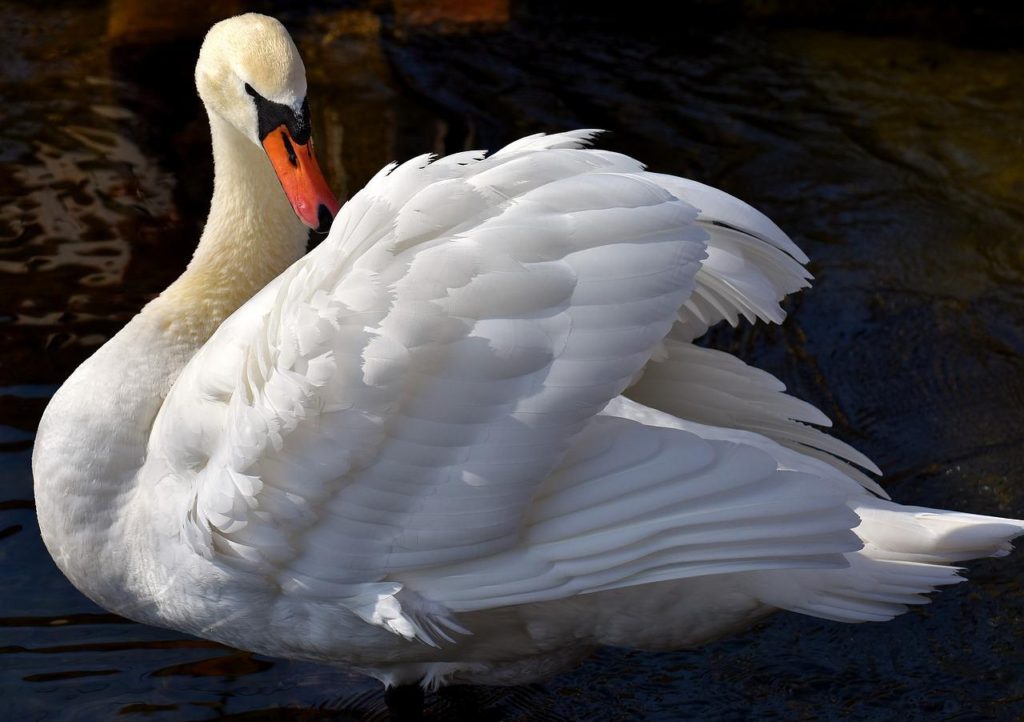
Swans are graceful and beautiful creatures and as such, people have many questions about them. They want to know about their mating rituals, their diet, their preferred habitats, and even their lifespans. How long do swans live for anyway? Swan lifespans actually vary and here’s what you’ll want to know!
Swan Lifespan
Swans are beloved long-necked birds that are part of the family Anatidae. These waterfowl live in ponds, lakes, marshes, estuaries, wetlands, streams, and elsewhere. The seven swan species are mute swans, black swans, trumpeter swans, black-necked swans, whooper swans, tundra swans, and coscoroba swans. In general, swans usually live for between 20 and even 30 years.
How Long Do Mute Swans Live?
Mute swans are enormous white birds that, true to their name, are typically quiet. They have strong hearing and eyesight. Wild mute swans can get to 19 years of age. They generally survive for 321 months in total. Captive ones are a whole other story. They can live for as long as 30 to 40 years. One specific mute swan in Denmark actually was able to get to an impressive 40 years old back in 2009.
How Long Do Tundra Swans Live?
Tundra swans are on the smaller side when it comes to swans and breed in North America’s distant Arctic region. Although their feathers are completely white, they have black feet and legs.
While the oldest known wild tundra swan lived for a minimum of 23 years and seven months, wild tundra swans generally survive for roughly a decade if they are lucky. Their captive counterparts sometimes live for twice as long so for a maximum of around 20 years.
How Long Do Trumpeter Swans Live?
Trumpeter swans have the distinction of being the largest waterfowl that are native to the vast North American continent. People occasionally confuse them with the previously mentioned tundra swan as they look similar and come from the same continent.
Trumpeter swans that are in the wild occasionally surpass 20 years of age. A prominent captive male of the species lived for longer than 35 years. He was a Turnbull National Wildlife Refuge resident.
How Long Do Black Swans Live?
Black swans primarily breed in the southwest and southeast parts of Australia. They’re nomadic creatures in their Down Under homelands. Although they come from the land Down Under, they’ve been brought to both Europe and North America. Black swans that are in the wild often survive for approximately 12 years. Black swans that are in captivity, on the other hand, can live for upward of four full decades.
The Life Cycle of a Swan
Typical swan life cycles are pretty straightforward. Female and male swans team up to create sizable nests using moss and grass. They create these nests on raised sections of land that are close to lakes and ponds. Female swans take things to the next level by laying between three and five eggs inside of the aforementioned nests.
Incubation is another major step. The females rest on top of the eggs as a means of promoting warmth. The males look over them for defense purposes. They safeguard the eggs from all kinds of outside dangers. Hatching is next. The eggs make their debuts once roughly 32 days have gone by.
Lastly, tiny cygnets gain the ability to swim. It doesn’t even take a day for them to gain this ability after hatching. They trail their mothers in order to locate sustenance. Swan youngsters frequently remain in the company of their mothers and fathers for approximately 18 months.
Dangers Swans Face
Many diverse components can affect longevity in swans. Unsurprisingly predators often influence how long swans live. Several examples of swan predators are raccoons, foxes, wolves, and human beings.
Since swans are impressively large and are defensive, they don’t actually have many natural predators. Other swan threats are collisions with power lines, deadly lead poisoning, severe weather conditions, poaching, and a broad range of illnesses.
Start Shopping for Birding Supplies!
Crow Symbolism: Everything You Need To Know
Ever wondered why the crow has captured the imagination of so many cultures throughout history? Let's embark on a fascinating journey through the world of crow symbolism, unraveling its mysteries and discovering its significance across various cultures, religions, and...
Creepy Facts About Crows
Crows are highly intelligent birds that have thrived alongside us humans. However, while they are fascinating creatures, at the same time, there are many things about them that many people find quite unsettling. That being said here as some of the most creepy facts...
Why Are Crows So Loud?
As anyone who has heard their loud "caws," can tell you, crows are very noisy birds. In fact, they are considered one of the loudest of all bird species. But why are crows so loud? Read on to find out. The Importance Of Vocalizations Crows use vocalizations to pass on...
Do Crows Remember Faces?
Crows are known for their intelligence. But do crows remember faces? You bet they do! Here's what you'll want to know. Crow Intelligence Crows are brilliant birds. In fact, their level of intelligence is often compared to that of primates. They are so smart that they...
Why Are Crows Black?
American crows are birds with all-black plumage. But why are crows black? Well, there are several reasons. Read on to find out. Bird Color Basics Birds are some of the most colorful creatures on the planet. And they come in an amazing range of colors from white to...
Are All Crows Black?
When it comes to crows, most people are familiar with the image of a sleek-looking solid black bird. But are all crows black? No, they aren't. Here's what you'll want to know. The American Crow Is Not All Crows The American crow is found throughout most of North...
How Long Do Crows Live?
How long do crows live? That's one of the many questions people ask about these familiar all-black birds. Here's what you'll want to know about the lifespan of crows and what affects it. How Long Do Crows Live In The Wild? In the wild American crows have a lifespan of...
Enemies Of Crows
Crows are a common sight in many parts of the world. However, most of us don't realize that these distinctive jet-black birds face a range of threats even when they are in our own backyards. The following are the main enemies of crows. Natural Predators of Crows One...
Predators of Crows
In many places, crows are such a common sight that it can be easy to forget that they actually have many predators. And being "on the menu," for a range of other animals is actually why these birds are so wary. That being said, here is everything you'll want to know...
Are Crows Territorial?
Are crows territorial? The answer is yes. However, just how territorial they are can depend on several factors. Here’s what you’ll need to know. Territoriality In Birds Territoriality is the behavioral trait of defending and maintaining a specific area territory...
What Eats Crows?
Crows are large and highly intelligent birds that eat a wide variety of foods including many other animals. So, what eats crows? Here are the most common crow predators and what you’ll want to know about them. Birds Of Prey The birds of prey are a group of predatory...
Are Crows Friendly?
Crows are commonly seen, and heard, in close proximity to us in our towns and cities. But are crows friendly? The answer may surprise you. Crows Are Highly Social Birds Crows are social birds that live in family groups. And they are well known for forming close bonds...
Do Crows Mate For Life?
Do crows mate for life? Yes, they do. And this behavior is highly advantageous to them. Here's what you'll want to know. How Do Crows Attract A Mate? Crows are social birds; most of the year, they live in small family groups. During the breeding season, however,...
Birds With Talons
All birds have claws. However, only a few types have the scary-looking and dagger-sharp claws called, “talons”. So here are the birds with talons and what you’ll want to know about each of them. What Are Talons? Talons are the claws of a group of predatory birds known...
Birds With Tails
Just like birds themselves, birds’ tails come in a wide range of shapes and sizes. And some tails of course are more interesting and remarkable than others. The following are birds with tails that never fail to impress! Long-Tailed Tit The long-tailed tit, also known...
Birds With White Heads
There's no doubt about it, birds with white heads really stand out. From small to large they are quite a unique bunch. So here are some of the most fascinating white-headed birds and what you'll want to know about them White-Headed Vulture The white-headed vulture is...
Birds That Look Like Flamingos
Flamingos are wading birds with long necks and legs. These social birds live in groups and have strongly hooked downward-facing beaks which they use to feed on shrimp and other small water creatures. And they are famous for their stunning pink color. With such a...
How To Attract Owls To Your Yard
Owls are nocturnal birds of prey that can be extremely helpful when it comes to controlling rodent populations in a natural way. That is of course if you can attract them to your property by creating an owl-friendly habitat. So keep reading to find out how to attract...
Why Would A Swan Be Alone?
It's widely known that swans are incredibly social and romantic creatures, so it can be disconcerting when you encounter a solitary swan. However, there are several reasons why this might be. So why would a swan be alone? Here's what you'll want to know. But first,...
How To Attract Crows To Your Yard
Crows aren’t always pests as many people believe. In fact, these super smart birds can actually help to rid your property of many common backyard and garden pests themselves. So here’s your step-by-step guide on how to attract crows to your yard! Step 1. Create A...
